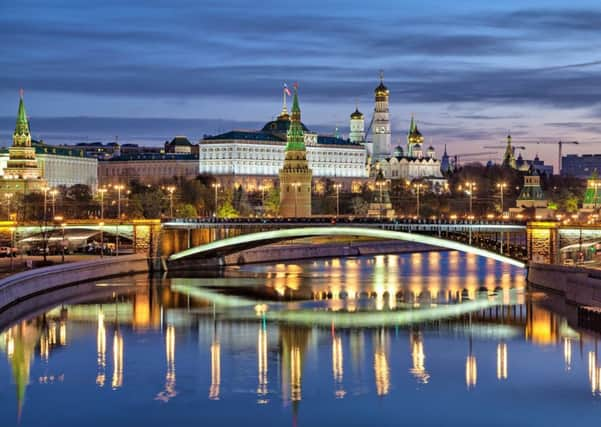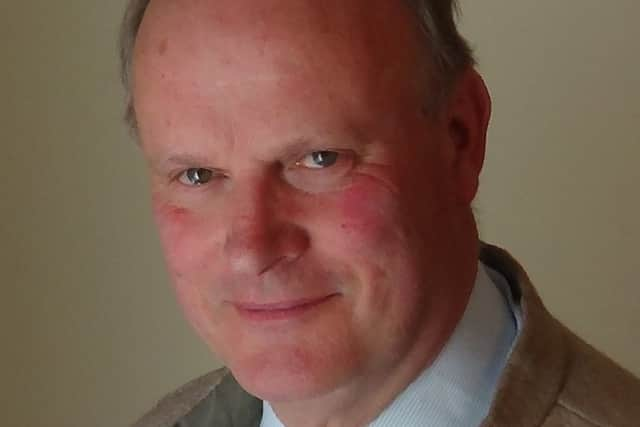Roddy Gow: Peaceful existence in a '˜global village' is as far from reality now as it ever was


Writing in The Atlantic in 2017, Timothy Stanley and Alexander Lee observed: “Twenty-five years ago this summer, Francis Fukuyama announced the ‘end of history’ and the inevitable triumph of liberal capitalist democracy in his book The End of History and the Last Man. His argument was simple: Democracy would win out over all other forms of government because the natural desire for peace and well-being set nations on a path to progress from which it was impossible to divert. If a state –even a Communist state – wished to enjoy the greatest prosperity possible, it would have to embrace some measure of capitalism. Since wealth-creation depends on the protection of private property, the ‘capitalist creep’ would invariably demand greater legal protection for individual rights.”
As we have turned to embrace the Century of Asia with optimism for the ways in which the UK could forge new and robust relationships when freed from the perceived shackles of Europe after Brexit, the reality is that we find ourselves in a very disturbing world in which democracies and free trade are being replaced by nation states headed by demagogues, firmly entrenched leaders who cannot be assumed to be benign and with whom we have to find a new way of dealing.
Advertisement
Hide AdAdvertisement
Hide AdThis has been brought squarely into focus by recent events. First the increasingly troubling expansion of President Erdogan’s grip on power in Turkey, followed swiftly by the endorsement of a role for life for President Xi of China. Vladimir Putin’s contrived victory in the presidential elections in the Russian Federation and the daily more bizarre behaviour of President Donald Trump in the United States.


The next generation of leaders can be forgiven for feeling that their elders are leaving them a highly dangerous mixture of Novichok proportions with potential current threats to the power grids of the US and UK by Russia now being highlighted as a major concern by security chiefs.
The Asia Scotland Institute’s mission to educate and inspire tomorrow’s leaders and build their knowledge and understanding of Asia may have been based in part on the belief that there would be a gradual move towards greater transparency and the adoption of democratic principles in Asia and elsewhere. In fact, to a large extent the reverse is the case as we see more totalitarian states emerge or, at best, distorted versions of democracy.
As long ago as 1968 in a passage that seems alarmingly familiar today, Mark Kurlansky wrote: “It is not an overstatement to say that the destiny of the entire human race depends on what is going on in America today. This is a staggering reality to the rest of the world; they must feel like passengers in a supersonic jetliner who are forced to watch helplessly while a passel (or pack) of drunks, hypes, freaks, and madmen fight for the controls and the pilot’s seat.”
In addition to America one does not have to look far to find plenty of other causes for alarm, beginning with North Korea and moving swiftly to Myanmar, the Philippines, Syria and Afghanistan for troubling scenarios.


So, what is a demagogue? Leave it to Aristophanes in The Knights in 424BC “You possess all the attributes of a demagogue; a screeching, horrible voice, a perverse, cross-grained nature and the language of the market-place. In you all is united which is needful for governing.”
The real definition is someone who lies to his people to get elected as we saw in Russia, Turkey and probably the US. Our hope in the future for Asia must lie with them finding a better way forward than what we are finding elsewhere.
In this the Year of Young People, we owe them something significantly better than what we are experiencing now!
Roddy Gow, chairman, The Asia Scotland Institute